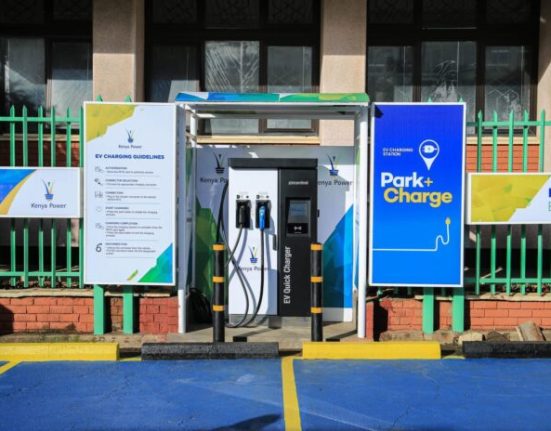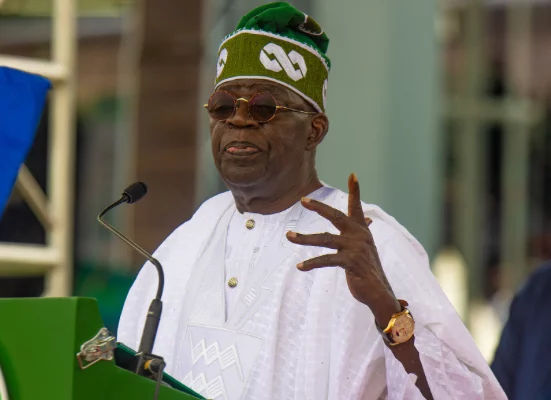Nigeria’s Vice President, Senator Kashim Shetima, has emphasised Nigeria’s commitment to sustainable and cleaner transportation.
Shetima gave the commitment at the Presidential Villa when he inspected the solar-powered charging stations for e-mobility domiciled in the State House.
He highlighted Nigeria’s ambitious plans for an e-mobility strategy, designed to position the country as a pioneer in sustainable transportation on the continent.
TheGuardian quoted the Vice President as saying “e-Mobility deployment aligns with the Nigeria Energy Transition Plan (ETP), addressing emissions, air pollution, and energy security concerns, while ensuring a greener future for Nigerians.”
This commitment from Nigeria comes as the world anticipates the upcoming UN climate summit (COP28) in Dubai.
Nigeria’s Energy Transition Plan (ETP) supported by partners like Sustainable Energy for All (SEforALL) and the Global Energy Alliance for People and Planet (GEAPP) shows the transport sector contributing 28.4per cent of emissions; with the ETP advocating for transitioning to low-emission transport technologies.
The Federal Government actively supports this transition, which includes boosting local assembly capacity for electric vehicles, establishing charging infrastructure, and enabling private sector participation.
Nigeria, through these initiatives, demonstrates its readiness to embrace cleaner and greener alternatives, and its energy transition journey is emblematic of the transformative potential of sustainable energy in shaping the future of African nations.
As it looks ahead to COP28, the country seeks to leverage this momentum to attract global investments and foster partnerships for a cleaner and more energy-efficient future.







